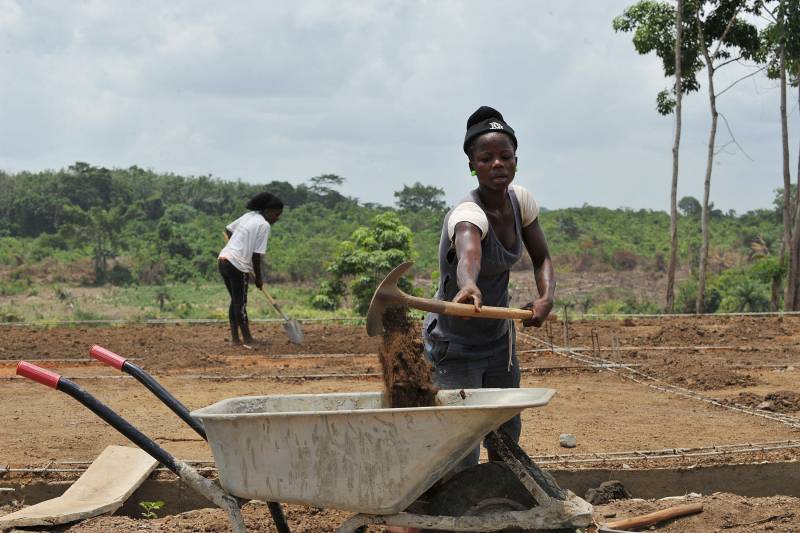Ensuring women's access to justice

Liberia, April 2012. Gbarnga Peace Hub, one of five facilities being built with help from the UN Peacebuilding Support Office to increase access access to justice in Liberia. Photo: Emmanuel Tobey, UN Photo.
About half of the people of Sub-Saharan Africa live below the poverty line, and 80 per cent of them are women. Their access to justice is guaranteed by international and domestic laws. But these laws mean little or nothing without government support and adequate funding. A new policy note from the Nordic Africa Institute offers recommendations on how to secure access to justice.
All development work, from water access to education, should be streamlined with a gender focus on access to justice. Questions aimed at revealing deificiencies in the access to justice should be included in demographic surveys in order to produce a more efficient basis for decision-making. Also, funding should be provided to develop smart phone apps that facilitate for women in rural areas to file complaints and get legal support. These are some of the recommendations in the new policy note.
The authors
David Lawson, Senior Researcher at the Nordic Africa Institute
Adam Dubin, Assistant Professor of Human Rights Law, Universidad Pontificia Comillas
Lea Mwambene, Associate Professor of Law at University of Western Cape
with Bisrat Woldemichael, intern at the Nordic Africa Institute

